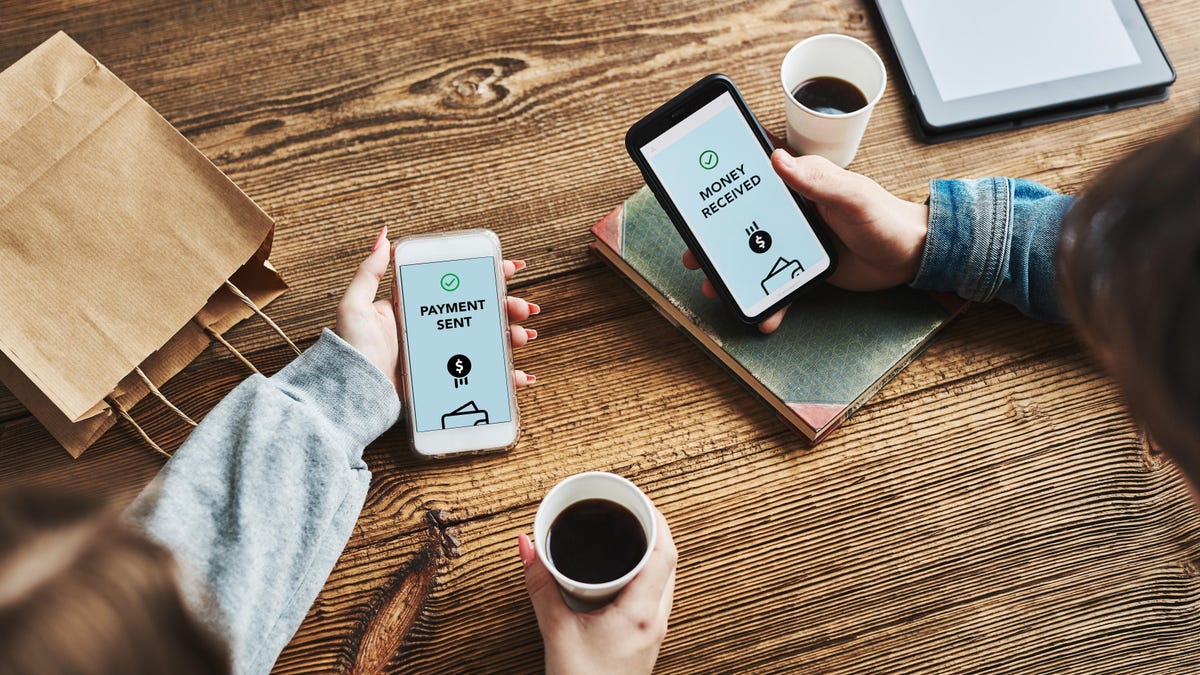
In simpler times, when a group of friends would dine out together everyone had a role to play. With the rise of payment apps, those roles have transformed and a new etiquette has emerged.
There was always that one person who said, “It’s okay I’ve got this one” and would put their card down. Then there’s the master of avoiding paying their share, who would conveniently take a bathroom break just as everyone else was pulling out their cash to cover their portion of the bill.
The mental math and discussions on how to split the bill used to be something like: “Should we split it evenly and everyone pays the same amount, or should everyone just pay for what they ordered? But, what about the appetizers some people ate but others didn’t? Wait, I only brought a $100 bill.”
Now, the talk about the bill has become more like: “Do you have Venmo? What’s your Cash App?” And as for the friend that went to the bathroom while this discussion was happening, you can now send a friendly request to them via an app for the exact amount they owe. Nowadays it’s just easier to have one person pay the bill, while everyone else sends them cash virtually.
But, according to a new study from Forbes Advisor and One Poll people are still working out the etiquette of splitting the bill this way. Forbes Advisor and One Poll, a market research company, conducted a survey of 1,000 U.S. adults who use “peer-to-peer payment apps,” like Venmo and Zelle.
Many of those who took the survey cite inflation as one of the reasons they are splitting bills using these apps more often than before. Around half of respondents (47%) said they’ve been using payment apps to split bills in ways they weren’t previously because of inflation. At the generational level, 51% of millennials and Gen Z said they use these apps more because of inflation and 58% said they do so at least once a week. The most common situations people are splitting bills in are restaurant bills, groceries, and rent payments.
Every dollar counts when prices are on the rise and budgets are getting tighter, but despite this, 86% of survey respondents said requesting any amount under $5 is petty. There’s also a time limit on how long after a bill is paid that respondents feel is appropriate to request money, but there’s some disagreement on what that time limit actually is. For example, say you and friends went out for dinner on Friday night. More than half of users from the survey (55%) said sending a payment request two weeks after the dinner would be too far after the fact. Yet, 26% said a month after the dinner would still be fine.
However your friend group chooses to split things up, one thing is certain: a strategic bathroom break won’t get you out of paying your fair share anymore.

